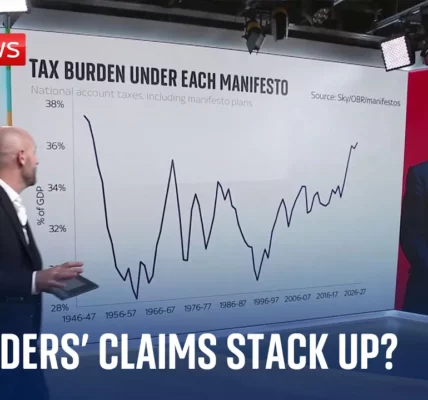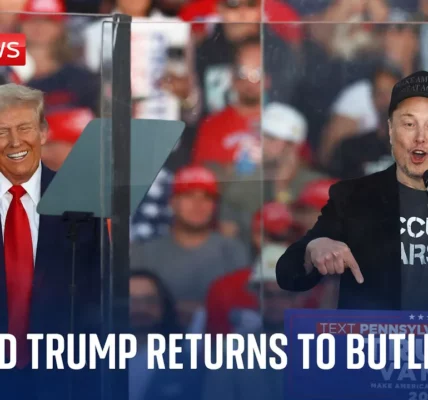Reactions to the New Labour Government’s Winter Fuel Payment Changes

The recent changes to the winter fuel allowance by the Labour government have sparked significant discussion and controversy. In this article, we delve into various perspectives, particularly focusing on the implications for pensioners and the political landscape surrounding these decisions.
Introduction
The political landscape in the UK has undergone a transformation with the Labour government taking power. However, this transition has not been without its controversies, especially regarding the recent decision to scrap the winter fuel allowance for a significant number of pensioners. This decision has raised eyebrows, particularly among those who supported Labour in hopes of addressing growing inequality. In this article, we will explore the implications of this decision, the reactions it has elicited, and the broader context of political accountability and social justice.
The Scrapping of Winter Fuel Allowance
The recent announcement to cut the winter fuel allowance has left many pensioners in shock. Originally, around 12 million pensioners benefited from this financial support, which has now been reduced to less than 2 million. This drastic reduction raises questions about the priorities of the new government and the impact on vulnerable populations.
Understanding the Rationale
Proponents of the change argue that the allowance should not go to wealthy pensioners. However, this rationale overlooks the basic needs of many elderly individuals who may not qualify as wealthy but still struggle financially.
- Reduction in beneficiaries: From 12 million to less than 2 million.
- Focus on wealthier pensioners: Excluding those who may still need support.
- Potential alternative funding sources: Suggestions include taxation of private equity managers.
Financial Implications for Pensioners
The financial implications of this decision cannot be understated. Many pensioners rely on this allowance to manage their heating costs during the winter months. The sudden removal of this support can lead to significant hardships for the elderly population.
Political Accountability and Public Trust
Following the decision to cut the winter fuel allowance, there is a growing sentiment that the Labour government has misled its supporters. Many voters believed they were endorsing a party that would address inequality and support vulnerable populations.
The Call for Apologies
There has been a call for the Labour leadership, particularly Keir Starmer, to issue an apology for this decision. The expectation is that a government should be accountable to its constituents, especially when such significant changes occur.
Voter Disillusionment
Voter disillusionment is a concerning trend. Many who lent their votes to Labour in the hope of reforming social inequality now feel betrayed. The stark contrast between campaign promises and governmental actions is alarming.
Personal Experiences and Broader Issues
In discussing these political issues, personal stories from individuals who have experienced poverty and hardship can provide valuable insights. The journey of individuals from challenging backgrounds to positions of influence can resonate with many.
Overcoming Adversity
Many successful figures in media and politics have emerged from backgrounds of poverty. Their experiences often shape their perspectives on social issues and the importance of support systems for the underprivileged.
Challenges Faced by Women in Politics
Women, in particular, face unique challenges in the political arena. There is a societal expectation for women to conform to certain behaviors and roles, often referred to as “staying in their lane,” which can stifle voices that need to be heard.
Conclusion
The recent changes to the winter fuel allowance by the Labour government highlight significant issues of social justice and accountability. As the government navigates its new role, it must prioritize the needs of the most vulnerable populations rather than succumbing to political pressures. Moving forward, it is crucial for political leaders to listen to their constituents and ensure their actions align with the promises made during campaigns. For those concerned about these changes, it is essential to stay informed and engaged in political discourse.
For more insights on social issues and political developments, consider exploring our other articles on political issues and social inequality.
“`




